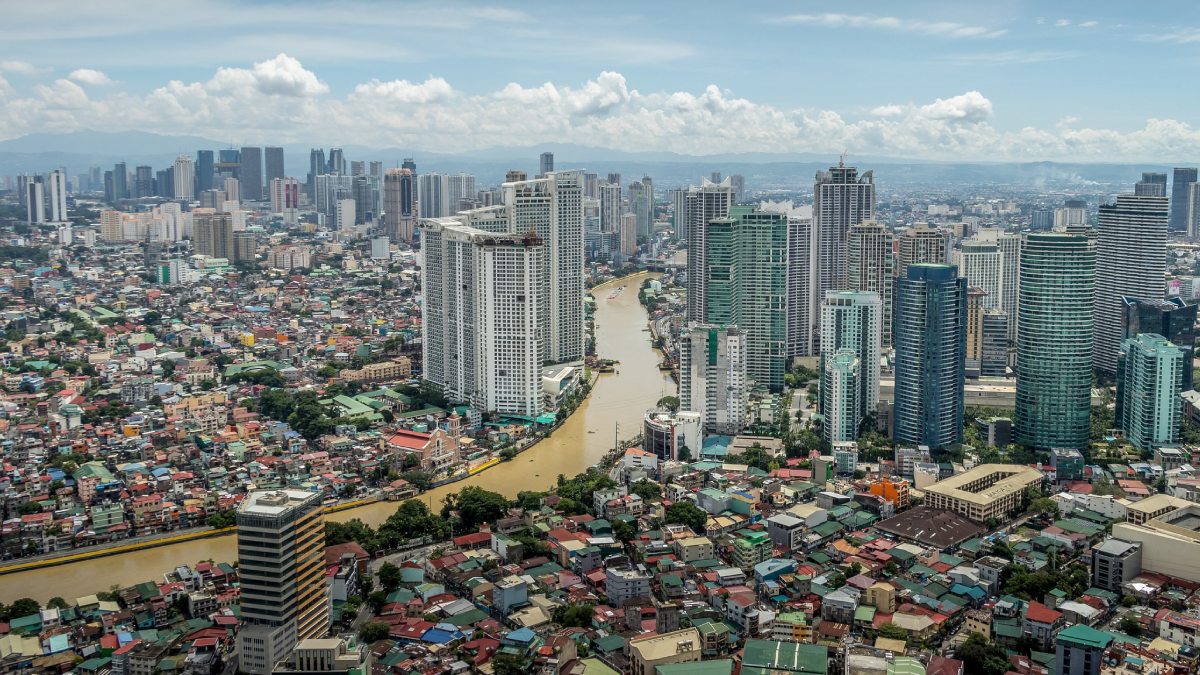In March, inflation in the Philippines surged to 3.7 percent, primarily driven by higher food prices and increased expenses in transport, restaurants, and accommodation services, reported the Philippine Statistics Authority (PSA) on Friday.
According to the PSA, food inflation at the national level rose to 5.7 percent in March 2024 from 4.8 percent in February 2024.
National Statistician and Undersecretary Dennis Mapa highlighted a notable acceleration in the inflation rate for rice, corn, flour, and other cereal products. He pointed out, “The year-on-year price hikes for rice alone have been high.”
Mapa further explained, “Rice inflation is expected to remain high until July, partly due to low base effects, or the lower rice inflation rates last year from January to July.” He added that rice prices have also increased in the international market.
The impact of the El Niño weather phenomenon on rice prices may become more apparent in the second quarter, Mapa noted.
Moreover, pork prices also saw significant increases during the month, with prices of kasim or pork shoulder climbing to P329.52 per kilo and liempo or pork belly to P344.29 per kilo.
Additionally, slower decreases in vegetables, tubers, plantains, cooking bananas, and pulses were observed, alongside a slower annual decline in the index of oils and fats.
For the poorest 30 percent of the Philippine population, inflation was even higher at 4.6 percent, primarily due to food making up a larger share of their consumption.
However, core inflation, which excludes volatile food and energy items, slowed down to 3.4 percent in March 2024 from 3.6 percent in the previous month, the PSA reported.
Despite the challenges, inflation in March fell within the forecast range of 3.4 to 4.2 percent set by the Bangko Sentral ng Pilipinas and within the government’s 2 to 4 percent target range.
The BSP cautioned that inflation may rise in the next two quarters due to base effects and adverse weather conditions affecting agriculture.
Meanwhile, the government, through the National Economic and Development Authority (NEDA), is closely monitoring the situation. Socioeconomic Planning Secretary Arsenio Balisacan emphasized preparations for potential impacts, including ensuring food and energy security.
However, amidst concerns about rising inflation, some stakeholders are cautious about implementing wage hikes. Employers Confederation of the Philippines President Sergio Ortiz Luis warned against it, stating it would be “suicidal.”
House Ways and Means Committee Chair Joey Salceda attributed the uptick in inflation to the high cost of rice, stressing that without the abnormal rice prices in the global market, inflation would have been closer to 3.1 percent.






